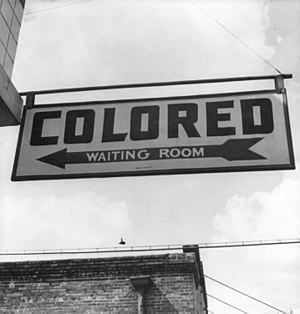Summer is the season for travel. As such, we tend to travel by car and as we do, I am reminded that the Great Migration was accomplished mostly by train. The train plays the transportation role in four of the five Bledsoe sisters stories. But in the first part of the twentieth century, the age of the car was on the horizon and in my Golden Heart-nominated story, it is the road that plays a central part in developing the relationship between Champ and his lost love, Delie.
A Champion’s Heart is a road story. The road story is a vagabond trope and greatly appeals to the United States mindset. Why?
On the road you were:
To be as free as you wanted to be.
To go wherever the road took you without care or worry.
To celebrate the wide and seemingly unending vistas in a large land.
The road story has such an appeal to the American (and I mean United States here) spirit because in Europe, these desires were not easily accomplished. However, for African Americans in the first part of the twentieth century, the road could be a place of danger, threat and harm. It was better to take the train and endure any indignities for hours, instead of days. So, when we hit the road this summer, I’m reminded that I must not take the amenities of the road for granted because now:
We can stop and use the state-sponsored restrooms as we wish.
We can stop and purchase food to eat as long as we have the money to do so.
We can even stop and enjoy the splendors of the mountains, without being asked why we are there.
Champ and Delie, accompanied by orphan children, did not have these advantages and these complications play a role in their developing love story. Next week, I plan to talk about these complications more thoroughly.
What does road travel mean to you?
